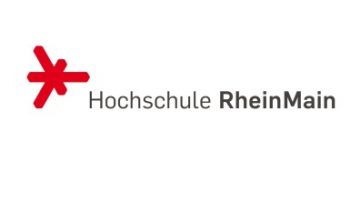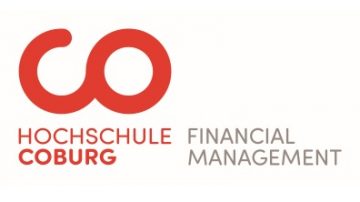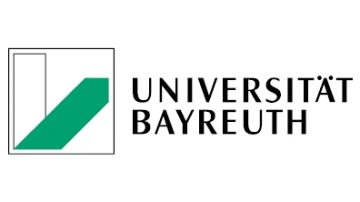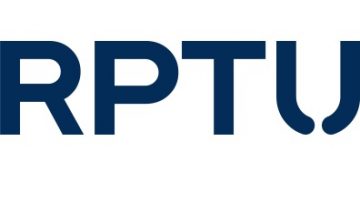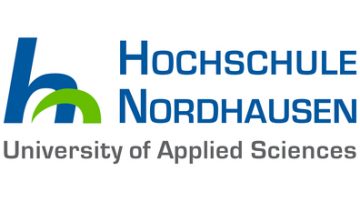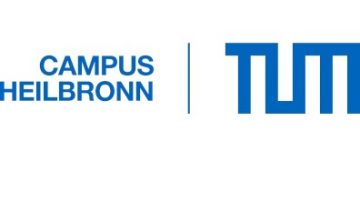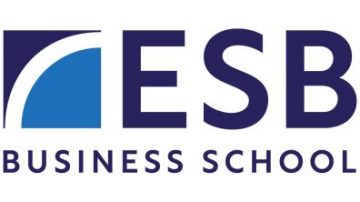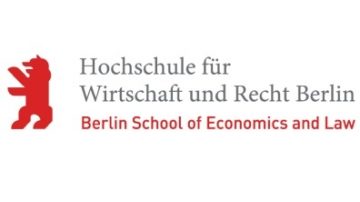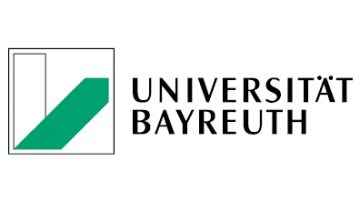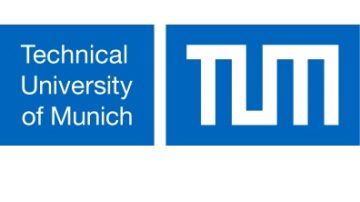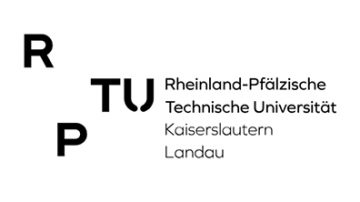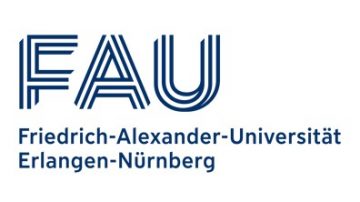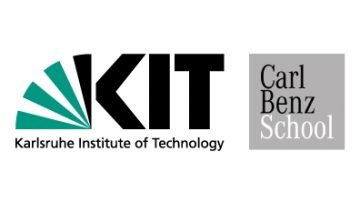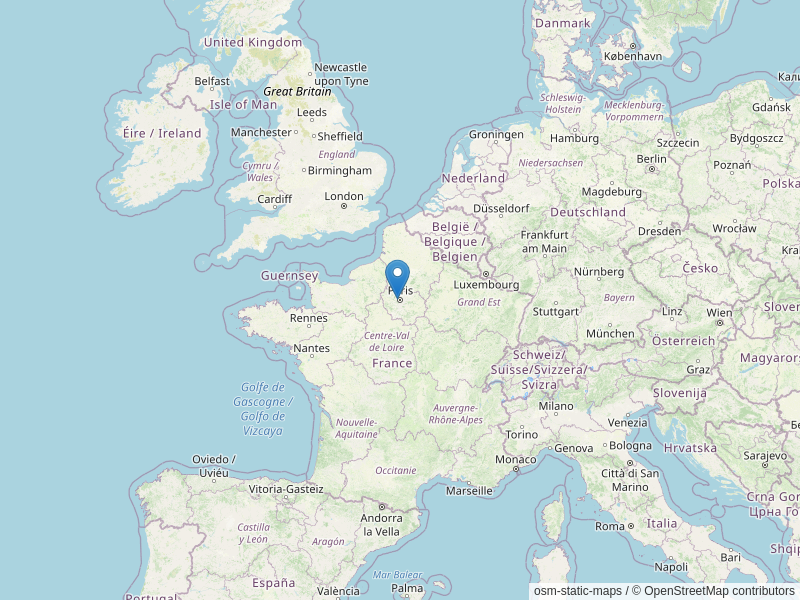Objective
This programme offers you the opportunity to do a bi-national doctoral degree at your home university and at a university in Germany.
There are two possible options:
Option a) Doctorate with bi-national supervision:
Your doctoral project is supervised by a university teacher both at your home university and at the host institute in Germany (so-called 'sandwich model'). Your project must be agreed with both supervisors according to the following procedure:
- You start your doctoral degree in your home country.
- This is followed by research trips to Germany.
- You complete your doctorate in your home country and are also supervised by the German academic adviser.
- Your home university awards the doctoral degree.
Option b) Doctorate following the 'Cotutelle' procedure:
Funding is provided for doctoral projects that are carried out at the home university and at a university in Germany according to the so-called Cotutelle model. This is based on an individual cooperation agreement which is concluded individually for your doctoral project by the participating universities. After you have successfully completed your doctorate, the German university and your home university award the doctoral degree jointly.
The scholarships are funded by the German Federal Foreign Office.
Who can apply?
Depending on the nature of your project, you can apply for:
a) bi-national supervision based on the 'sandwich model'. You can apply if you have earned a Master’s degree or Diplom (or in exceptional cases a Bachelor’s degree) at the latest at the start of the funding period.
b) 'Cotutelle model'. You can apply if you have been admitted to a doctoral programme at the latest at the start of the funding period.
What can be funded?
- In option a), a doctorate with bi-national supervision based on the 'sandwich model', research stays at a state or state-recognised institution of higher education or a non-university research institute in Germany (as part of a doctoral programme in the home country) are funded.
- In option b) a doctorate based on the 'Cotutelle model', research stays at a state or state-recognised institution of higher education in Germany are funded. These allow doctoral students to complete a doctoral thesis which is supervised and carried out bi-nationally on the basis of an individually concluded cooperation agreement.
Duration of the funding
- Funding is provided for between 7 and a maximum of 24 months.
- Option a) Bi-national supervision following the 'sandwich model': Grants are initially awarded for up to 12 months. Extensions depend on whether the selection committee considers the previous award period to have been successfully completed.
- Option b) Doctorate following the 'Cotutelle' procedure: Grants are initially awarded for up to 18 months; there is the possibility for an extension of the scholarship for up to 6 months.
- The grant can be used flexibly for several shorter stays during your doctoral project.
- When you apply for the grant, you should outline in your study plan and time schedule (see ‘Application documents’) how you intend to divide your time between Germany and your home university.
- If you plan to visit other countries (e.g. to collect material), please specify these plans in your application. Such visits can only be funded if they take place in connection with your visit to Germany. Another requirement is that they do not exceed one quarter of your expected total funding period.
- The length of the funding period is determined by a selection committee and depends on your project and study plan.
Value
- Monthly payments for doctoral candidates during the stay in Germany: 1,300 euros. Please note that no scholarship payments are made during stays at your home university.
- Payments towards health, accident and personal liability insurance cover
- Travel allowances for up to three outward and return journeys unless these expenses are covered by the home country or another source.
- A research allowance
- Travel and accommodation expenses according to the German Federal Travel Expenses Law for your supervising university teachers for one trip of up to 10 days
- to Germany to monitor progress,
- to your home university to take part in final examinations.
Please indicate the trips in the work and time schedule (see 'Application documents') when applying.
- monthly rent subsidy
- monthly allowance for accompanying members of family. Please also read our important information for scholarship applicants / section F, point 3.
- In the case of a disability or chronic illness: subsidy for additional costs which result from the disability or chronic illness and are not covered by other funding providers: Further information
To enable grant holders to learn German in preparation for their stay in Germany, DAAD offers the following services:
- Payment of course fees for an online language course after receipt of the Scholarship Award Letter
- if necessary: Language course (2, 4 or 6 months) before the start of the research stay; the DAAD decides whether to fund the grant holder's participation and for how long depending on language skills and project. If a language course scholarship is granted and the working language at the host institute is German, participation is compulsory.
- Allowance for a personally chosen German language course during the funding period
- Reimbursement of the fee for a TestDaF or DSH test, which you can take either in your home country after you have received your Letter of Award or in Germany during the funding period
Selection
An independent selection committee consisting of specialist scientists reviews applications.
The selection criteria are:
1. Qualification
- Academic achievements (grade point average, development of grades)
- Academic progress
- Knowledge of the language(s) of instruction or working language(s)
- If applicable, scholarly achievements after graduation, (e.g. publications, lectures, conference papers)
2. Quality of research project
- Quality of research proposal and preparation (originality, topicality and relevance of the project, choice of host institution and first contacts)
- Feasibility and consistency of study plan and schedule
- Incorporation of project within the overall doctorate (in terms of content and time), if relevant
3. Potential of applicant
- Career prospects: significance of the research project and stay in Germany for further academic, professional and personal development
- Motivation: academic and personal reasons for wanting to visit Germany, German language skills (if different from working language)
- Non-study-related activities: non-study-related knowledge and skills, civic engagement
The selection committee also gives due consideration to equal opportunities; you can provide relevant information in the application form.
For more information on the selection procedure, go to Important Scholarship Information / Section E.
